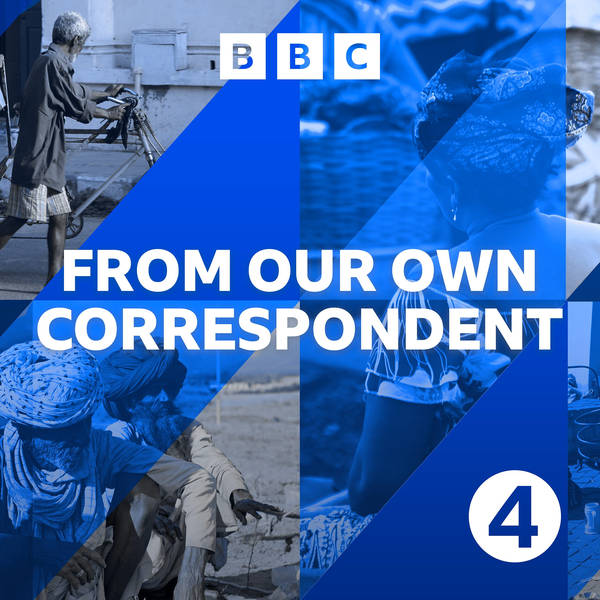
'A Monsoon on Steroids'
Stories about the floods that have submerged a third of Pakistan; the violent clashes in Iraq; Brazil's bizarre bicentennial and farewell to the last Soviet leader, Mikhail Gorbachev.
In Pakistan, heavy rains and floods have submerged a third of the country. UN Secretary General Antonio Guterres called the calamity “a monsoon on steroids". At least 1100 people have been killed, and an estimated 33 million are now displaced or homeless. Shahzeb Jillani reports from the southern province of Sindh, the worst affected, where victims are disappointed with their politicians, but young people have sprung into action.
At least 23 people were killed, and many injured, in some of the worst violence in the Iraqi capital Baghdad in years. Supporters of Muqtada al-Sadr, a powerful Shia Muslim cleric, political leader and militia commander, clashed with Iran-backed armed groups. There'd been a long stand-off following inconclusive parliamentary elections, and then al-Sadr announced his retirement from politics. Shelly Kittleson in Baghdad explains.
Next week, it’ll be 200 years since Brazil became an independent country, breaking free of its colonial ruler Portugal. There’ll be military parades – and more. But one ceremony has already taken place, held to receive a bizarre royal relic from Portugal. Reactions to this occasion seem as divided as the views about what to celebrate, if anything. Julia Carneiro reflects on her country's bicentennial.
Mikhail Gorbachev, the last leader of the Soviet Union, was liked and admired in the West, for bringing about the end of the Cold War, lifting the Iron Curtain that kept Eastern Europe under Communism, and dissolving the Soviet Union. But in Russia, he is reviled by many for breaking up the Soviet Union. Steve Rosenberg met Mr Gorbachev on several occasions - and got to hear him sing.
Presenter: Kate Adie Producer: Arlene Gregorius Production coordinator: Iona Hammond Editor: Hugh Levinson
